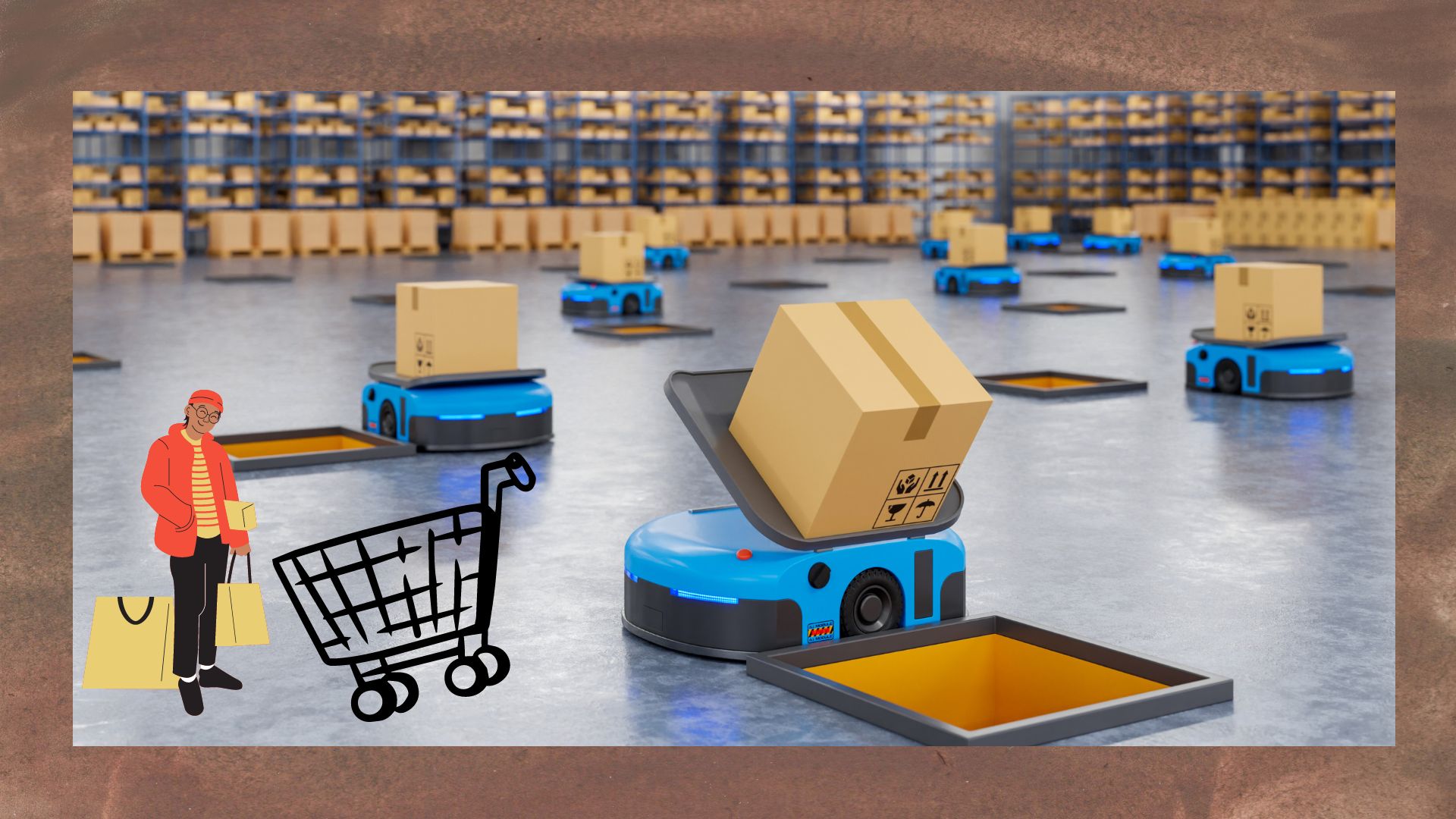The Seven Deadly Habits of Highly Ineffective Executives, Part 3
With apologies to Stephen R. Covey.
This is the third and last installment of a bizarre update of Stephen Covey's “The Seven Habits of Highly Effective People,” a national bestseller and much-touted executive management tome of the past decade.
In part one, we looked at deadly habits one and two: Stay in denial and create a climate of fear. In part two, we discussed deadly habits three, four, and five: Avoid change, keep reshuffling the deck, and avoid making tough decisions.
Here, we cover the last two of the seven deadly habits of highly ineffective executives.
Deadly Habit No. 6: Focus on Internal, not External, Competition
As a social organism, an executive team's primary mission is self-preservation. Effective managers survive by competing with their competition. They are fanatical about learning more about who their customers are and what they want and need and are hungry to adopt and apply best practices from their competitors.
However, highly ineffective executives take a radically different approach. Instead of focusing on how they can grow the company, they focus on increasing their share of power. Instead of focusing on the external competition, they focus on competing against their own peers. To survive at this game, it is critical you position yourself to take credit for all the wins and blame others for the losses.
By focusing on the internal politics, highly ineffective executives win a bigger share of the ever-decreasing corporate pie.
Deadly Habit No. 7: Treat Employees Like Dirt
This is perhaps the single most important deadly habit of highly ineffective executives.
Most business people know most employees truly desire to make a positive contribution to their organization and want to win trust and respect of their peers. Moreover, these executives realize that, in times of harsh competition and structural change, the people closest to customers and business processes are often the best people to effect change to improve these processes.
However, the highly ineffective executives realize that, to secure their leadership positions, they must treat employees like dirt. This means employees should be discouraged from making contributions or suggesting ideas. The reasoning is since these people are executives, they must be the only people who come up with good ideas! Rank-and-file employees need to be reminded their ideas, energies, and potential contributions are not worth much.
I hope you enjoyed my butchering of the wonderful but hopelessly outdated messages of Covey's bestseller.
Got an interesting insight, opinion, or real-world example to share? What are your thoughts? Please write me at [email protected].




